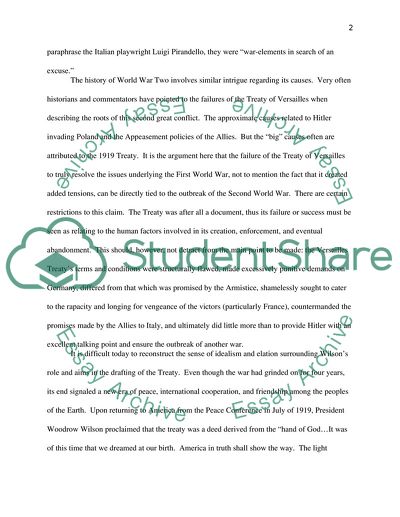Cite this document
(The Versailles Treaty And World War Two Essay Example | Topics and Well Written Essays - 3500 words, n.d.)
The Versailles Treaty And World War Two Essay Example | Topics and Well Written Essays - 3500 words. Retrieved from https://studentshare.org/history/1731090-world-war-one
The Versailles Treaty And World War Two Essay Example | Topics and Well Written Essays - 3500 words. Retrieved from https://studentshare.org/history/1731090-world-war-one
(The Versailles Treaty And World War Two Essay Example | Topics and Well Written Essays - 3500 Words)
The Versailles Treaty And World War Two Essay Example | Topics and Well Written Essays - 3500 Words. https://studentshare.org/history/1731090-world-war-one.
The Versailles Treaty And World War Two Essay Example | Topics and Well Written Essays - 3500 Words. https://studentshare.org/history/1731090-world-war-one.
“The Versailles Treaty And World War Two Essay Example | Topics and Well Written Essays - 3500 Words”, n.d. https://studentshare.org/history/1731090-world-war-one.


